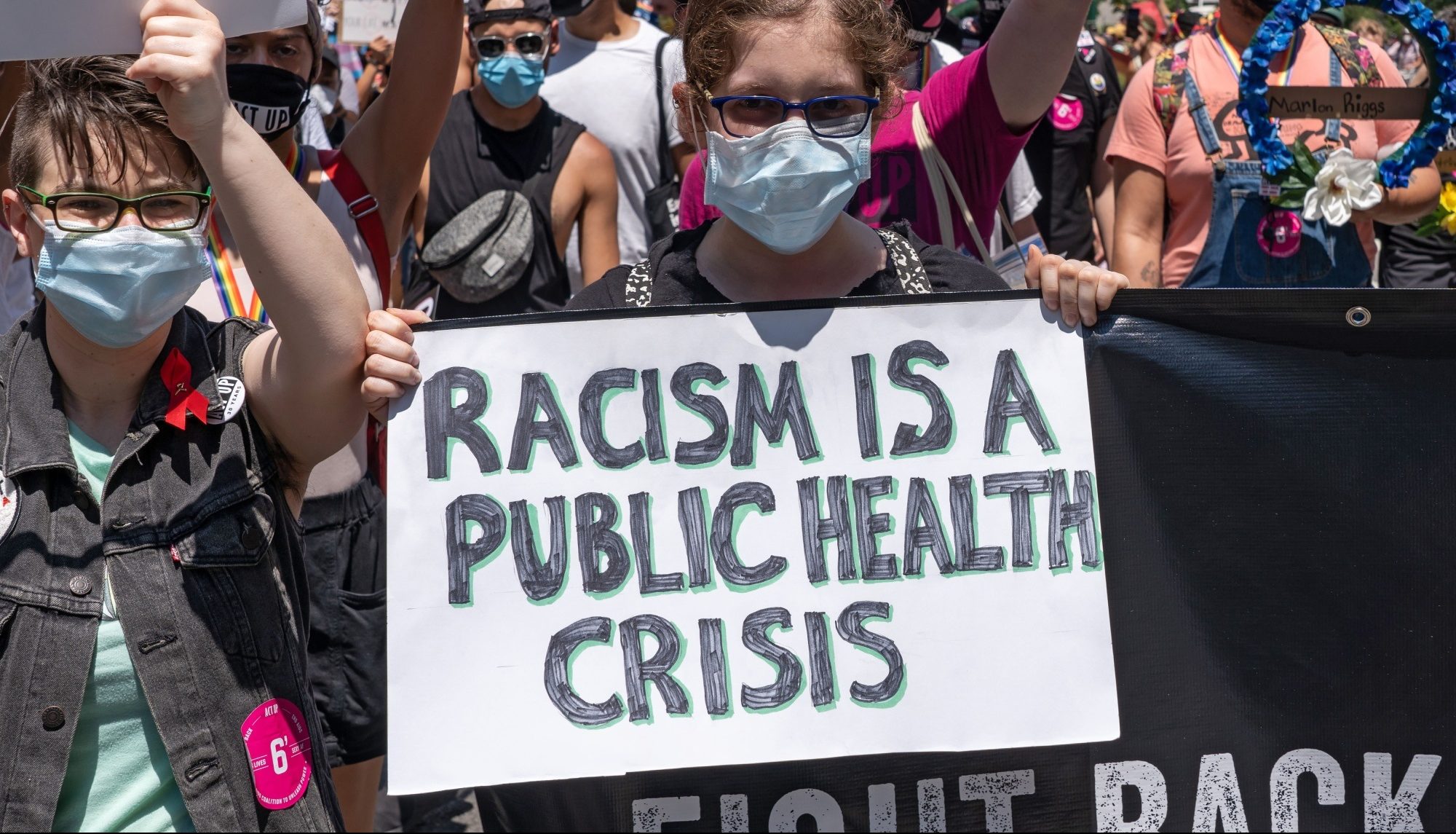
The pervasive issue of racism and discrimination in healthcare facilities is highlighted in a recent survey by the Commonwealth Fund and the African American Research Collaborative. Nearly half of healthcare providers witness discrimination against patients, with over half acknowledging it as a significant problem or crisis. The study sheds light on disparities in treatment based on race and language, emphasizing the urgent need for systemic change. Addressing racism in healthcare requires robust reporting mechanisms, training programs, and cultural competency initiatives. Understanding frontline perspectives is crucial for fostering an equitable healthcare system.
In the realm of healthcare, a distressing reality has come to light: racism and discrimination against patients are pervasive issues, deeply entrenched within the industry. A recent survey conducted by the Commonwealth Fund in collaboration with the African American Research Collaborative reveals troubling statistics. Nearly half of healthcare providers—47 percent to be precise—have borne witness to discrimination against patients within their facilities. Moreover, an alarming 52 percent of respondents identify racism and discrimination against patients as not just a problem but a major crisis plaguing the healthcare sector.
The implications of these findings are profound. Healthcare discrimination exacerbates existing health disparities and compromises the quality of care received by patients of color and those with limited English proficiency (LEP). Structural racism, acknowledged as a root cause of many health inequities, permeates healthcare systems. However, interpersonal racism, discrimination, and implicit bias also exert a detrimental influence on patient outcomes and experiences.
This survey underscores a pressing need for action within the healthcare industry. It sheds light on the detrimental impact of discrimination and racism on patient health outcomes, urging a concerted effort to address these issues at a systemic level. Henry Fernandez, CEO of the AARC and lead author of the report, emphasizes the urgency of understanding this connection and implementing measures to mitigate harm and enhance overall health outcomes.
While the focus on health equity has gained momentum in recent years, the persistence of racism in healthcare remains a formidable barrier. Numerous studies corroborate the prevalence of racism and discrimination within medical settings. Reports from patients consistently highlight experiences of mistreatment based on race, with communities of color disproportionately affected. For instance, a December 2023 report from the KFF reveals stark disparities, with Black, Hispanic, American Indian/Alaska Native (AI/AN), and Asian individuals more likely to report discrimination compared to their White counterparts.
The methodology employed in this survey integrates both qualitative and quantitative research strategies, providing a comprehensive understanding of the provider’s perspective on racism in healthcare. Through focus groups and surveys involving 3,000 healthcare workers, the study captures the prevalence and nuances of discrimination within medical facilities.
The findings unveil a sobering reality. Nearly half of respondents identify racism against patients as a significant problem or crisis within the industry. Moreover, close to half report having personally witnessed discrimination against patients within healthcare facilities.
Of particular concern is the disproportionate impact on patients of different racial and ethnic backgrounds. Providers highlight disparities in interpersonal treatment, with Black and Latino patients bearing the brunt of discrimination. Language also emerges as a significant factor, with non-English speaking patients receiving unequal treatment compared to their English-speaking counterparts.
The consequences of healthcare discrimination extend beyond patient experiences, affecting providers as well. A notable proportion of healthcare workers report experiencing stress due to racial and ethnic discrimination in healthcare settings. Providers practicing in facilities serving predominantly Black and Latino populations are particularly vulnerable to such stressors.
Generational differences in perceptions of racism and discrimination further underscore the complexity of these issues. Younger healthcare workers are more attuned to instances of racism within healthcare settings, signaling a need for targeted interventions and ongoing research.
Moving forward, addressing racism in healthcare demands a multifaceted approach. Healthcare organizations must prioritize the establishment of robust reporting mechanisms for both providers and patients to report instances of discrimination. Training programs aimed at recognizing and addressing discrimination should be implemented industry-wide, with a focus on cultural competence and racial sensitivity.
Additionally, embedding courses on racism and cultural competency into medical school curricula is essential for fostering a more inclusive healthcare workforce. Peer learning opportunities can further enhance awareness and understanding of these issues among healthcare professionals.
